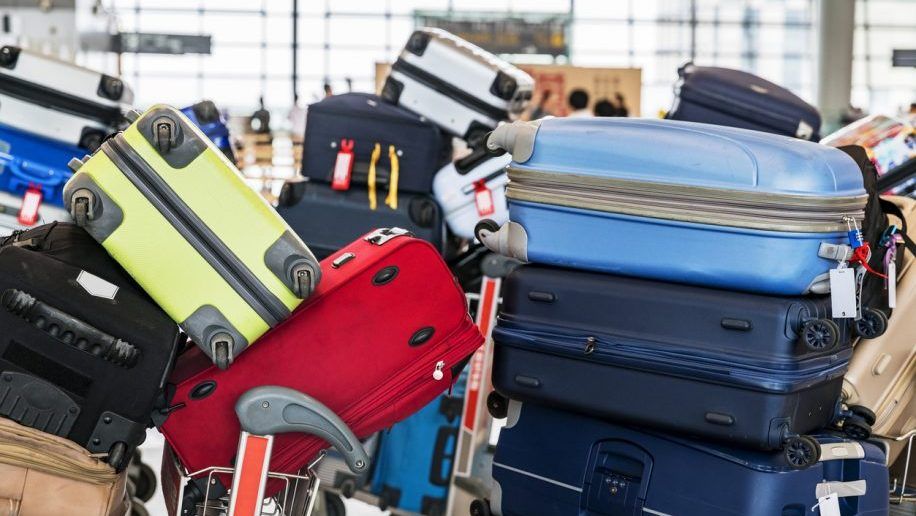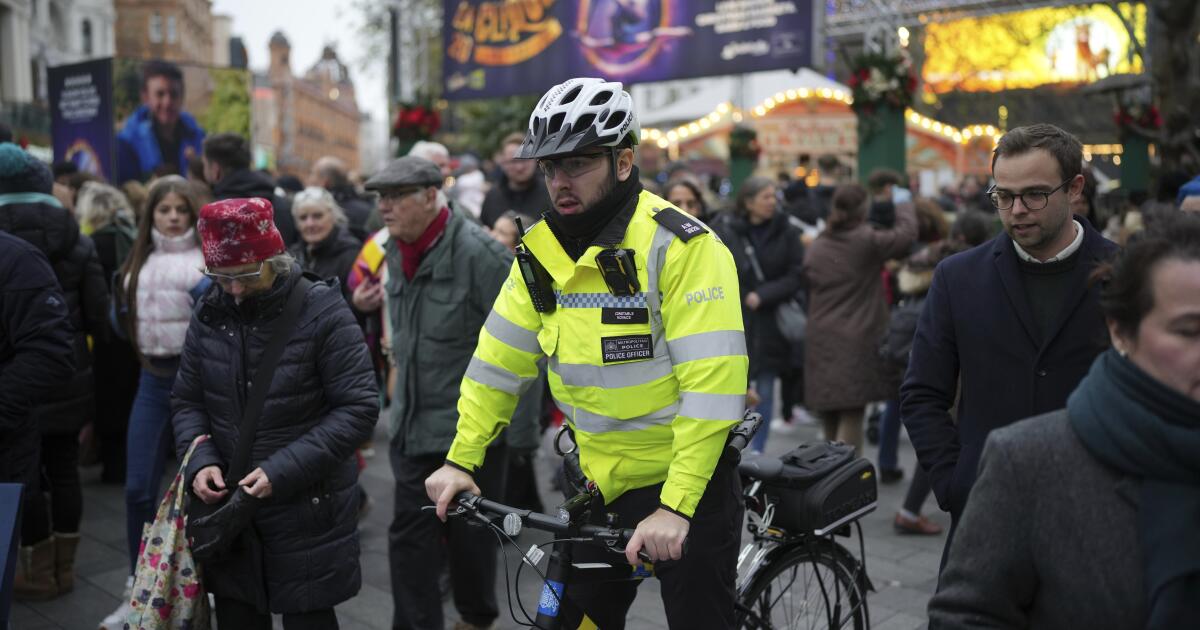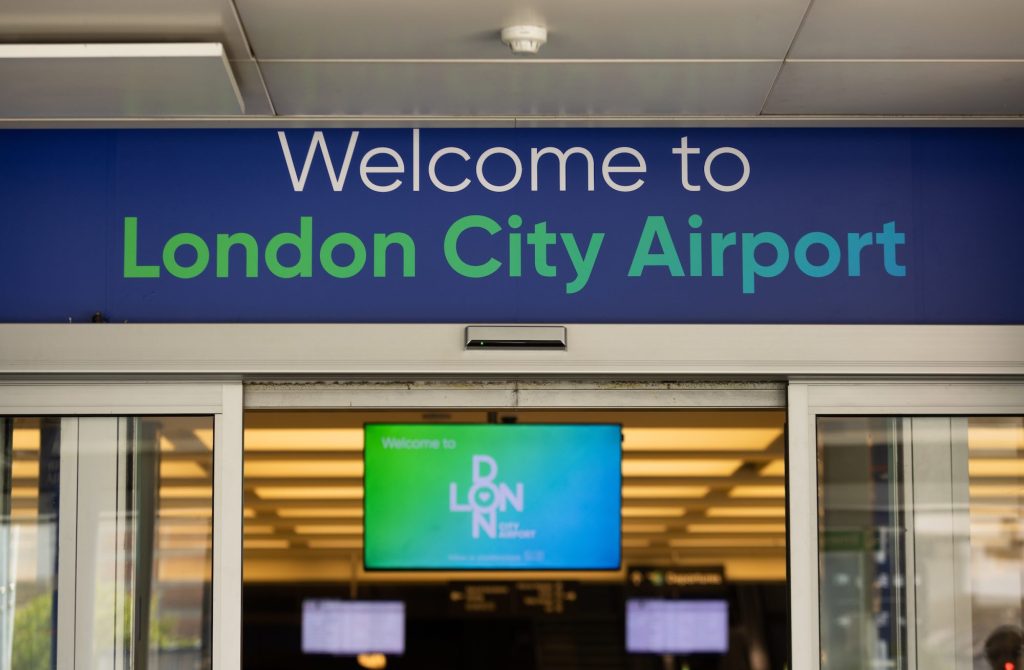The International Air Transport Association has released new data on the implementation of baggage tracking by airlines and airports.
IATA surveyed 155 airlines and 94 airports and found that 44 percent of airports have fully implemented Resolution 753 – which requires baggage tracking at acceptance, loading, transfer and arrival – and another 41 percent are in the process. process of doing it.
Survey results show that 88 percent of airlines have fully adopted the resolution in China and North Asia, 60 percent of airlines have done so in the Americas, 40 percent in Europe and Asia-Pacific , and 27 percent in Africa.
The data also shows that 75 percent of airports surveyed now have Resolution 753 baggage tracking capability.
IATA said optical barcode scanning was the dominant tracking technology deployed by airports (73 percent) and the “most efficient” RFID tracking deployed by 27 percent of respondents, although the largest airports in the world world (those handling more than 40 million passengers) favored RFID (54 percent).
Resolution 753 was adopted in June 2018 and data shows that between 2007 and 2022 baggage mishandling was reduced by almost 60 percent.
However, a report published last year by air transport IT provider SITA showed that airports were facing “an increase in baggage mishandling rates”.
At the time, SITA cited the resumption of international and long-haul flights following the Covid-19 pandemic, a shortage of skilled staff and congestion at airports as reasons for the increase.
Airlines and airports “face increasing rates of incorrect baggage handling”
IATA said it was also leading the industry's transition from expensive 'Type B' baggage tracking messaging to modern XML standards-based messaging, with a pilot project planned for this year.
Monika Mejstrikova, director of ground operations at IATA, commented on the news:
“Tracking bags during acceptance, loading, transfer and delivery will give the industry the data it needs to improve.
“Tracking reduces overall mishandling and helps airlines reunite mishandled bags with their owners even faster. With 44 percent of airlines already fully implementing Resolution 753 tracking and another 41 percent in progress, travelers can have even more confidence that their bags will be on the carousel upon arrival.
“Adopting modern messaging amounts to implementing a new standard, intelligible language for airlines, airports and ground handling staff to use so they can communicate effectively about passenger luggage.
“In addition to helping reduce the number of mishandled bags, the implementation also lays the foundation for continued innovations in baggage management systems.”
Let us know your experiences with lost luggage in the comments section below.
iata.org











